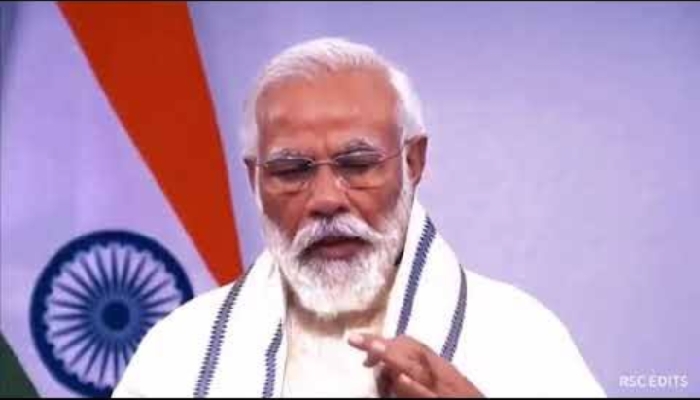Thiruvantahpuaram, Nov 1: Congress leader Shashi Tharoor Wednesday wanted to know why BJP had not built a bigger statue for Mahatma Gandhi while they erected a 182-metre statue of Sardar Vallabhbhai Patel, his disciple.
Addressing a function at the district Congress committee office here, the Congress leader said there was no such gigantic statue of Mahatma Gandhi in the country.
"The biggest one is in Parliament. But this is a 182-metre statue for his disciple. Why is there such a big statue for a disciple of Gandhiji in the country where there is no statue of that size for the Mahatma?" he asked.
"Patel, a very simple person, was known as the disciple of Gandhiji," Tharoor said. "I am asking a question. Is it right to erect such an imposing statue of Patel, a man of simplicity and a true Gandhian, who moved along with poor peasants," he said.
Tharoor said BJP had no answer to the query why they did not erect a bigger statue of the Mahatma.
The reason is that they do not believe in Mahatma Gandhi's principles of non-violence, he alleged.
He also alleged that BJP was trying to "hijack" the legacy of freedom fighters and national heroes like Patel as they have no leaders of their own in history to celebrate. He said Patel was a Congress leader and BJP should not be allowed to adopt him.
"Patel had worked along with Gandhiji and strengthened the Congress party. We should remember him always," Tharoor said.
Prime Minister Narendra Modi Wednesday inaugurated an imposing 182-metre statue of Sardar Vallabhbhai Patel, the world's tallest, on an islet Sadhu Bet near Sardar Sarovar Dam in Gujarat's Narmada district.






Comments
What a foolish question is this Sir? How can they build the statue of the father of the nation "BAPU" while his killer terrorist GODSE is their godfather? Virus & Anti-virus cannot exist together.
Add new comment